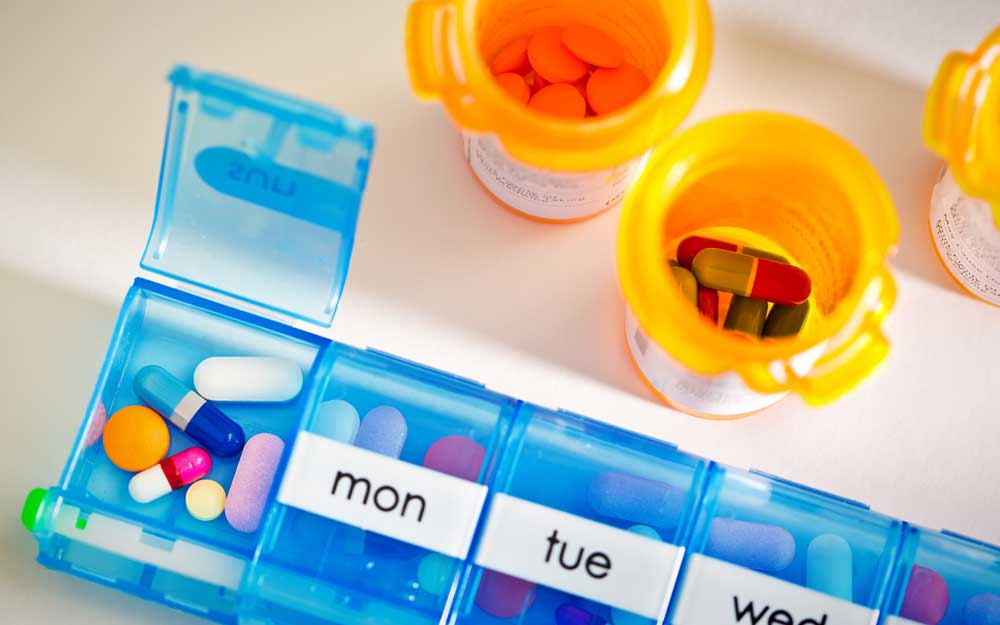It’s common for children to be admitted to a Rogers residential program with prescriptions for several medications in an attempt to help them through a crisis. Having medications properly managed is one of the first priorities, according to Dr. Peggy Scallon, MD, medical director for the FOCUS Adolescent Mood Disorders residential program in Oconomowoc, WI.
Prescribing a child with too many medications at once is something that Dr. Scallon refers to as a “series of band-aids” and says this approach makes it more difficult to determine which medications deserve credit for improvements and which should be discontinued. Her preference—which is also backed by research—is to instead use one or two medications at a time.
Psychiatrists in Rogers’ residential programs have a key advantage that an outpatient psychiatrist doesn’t have: an ideal environment to fine-tune medications.
“Because patients are in a structured setting, we have the ability to collect the most data. Their sleep and wake up times are the same every day. Mealtime is structured and all activities are therapeutic from morning until night, so it’s an ideal time to get a good sense of the medications.”
Dr. Scallon believes that parents should have a strong relationship with their child’s psychiatrist and fully understand why a certain medication is being used along with side effects to watch for. Most of all, Dr. Scallon believes that parents need to know what is reasonable to expect.
“Medications can be very helpful, but they don’t solve the problem,” she explains. “Medications help, but therapy is also a fundamental element of treatment and recovery. Most importantly, we know that the combination of medications and therapies together is almost always more effective than either by themselves.”
View the video above to hear from Dr. Scallon about the model approach to medication management for kids and teens who are facing mental health struggles, and the difficulties psychiatrists face when prescribing medications for them.
Rogers treats children and adolescents struggling with mental health disorders including depression and mood disorders, eating disorders, OCD and anxiety, and addiction; in addition to a unique program that addresses mental health concerns for kids with autism spectrum disorder.


